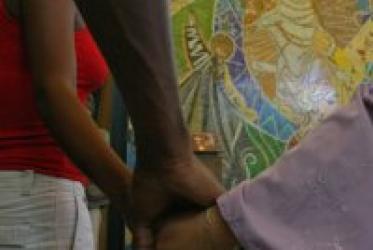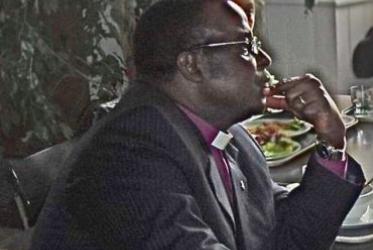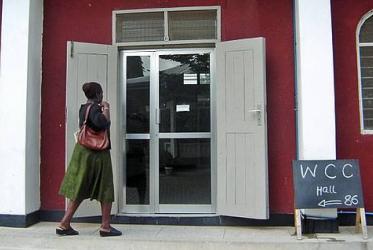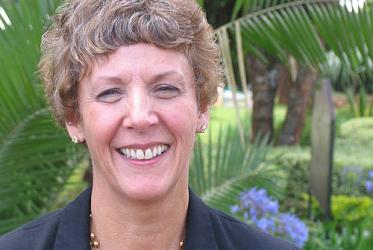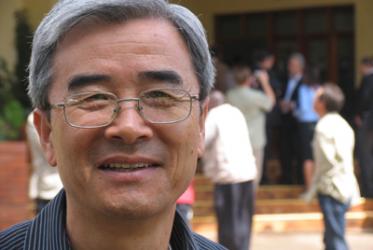Mostrando 5301 - 5320 de 5359
14 Febrero 2008
Serving as stewards
14 Febrero 2008
Moderator urges perseverance toward unity
13 Febrero 2008
Christian youth movements call for signs of unity
24 Enero 2008
Reparation needed to address transatlantic slave trade
17 Diciembre 2007
Churches want to see a new paradigm on climate change
11 Diciembre 2007
Ecumenical conference to tackle racist patterns left by slave trade
06 Diciembre 2007
Ecumenism - or how to ride a bicycle between this life and the other
08 Noviembre 2007
Let's take risks, Kobia tells Global Christian Forum
07 Noviembre 2007
WCC welcomes letter from Muslim leaders
15 Octubre 2007




